In a move aimed at bolstering road safety, the National Transport and Safety Authority (NTSA) is considering incorporating private motor vehicles into its annual motor vehicle inspection exercise.
This initiative, currently in its draft phase, is undergoing careful deliberation to determine the most effective implementation strategy.
The proposed regulatory framework for motor vehicle inspection encompasses the inclusion of private vehicles, with discussions underway to involve private sector players in augmenting inspection capacity.
NTSA Director General George Njao, addressing the Senate Transport Committee on Tuesday, acknowledged the authority's current operation of 17 inspection centres across the country.
Regarding the potential fees associated with private vehicle inspections, Njao stated, "The issue of fees remains unsettled and is still under discussion."
Read More
This comment drew concerns from Nairobi Senator Edwin Sifuna, who questioned the motivation behind the proposed inspection regime.
"What is the justification for that fee? Are you looking for money, or are you looking for safety?" Sifuna inquired, implying that the initiative might be primarily driven by revenue generation rather than genuine safety concerns.
Njao vehemently refuted these allegations, asserting that the decision to conduct inspections is firmly rooted in safety enhancement and public participation.
"When we initiated this process, we conducted a public participation exercise earlier in the year across all regions," he explained.
Sifuna further criticized NTSA's consideration of involving private sector entities in motor vehicle inspections, expressing apprehension that their profit-driven approach could lead to increased costs for the public.
"If you do not have the capacity yourselves to conduct inspections, do not involve the private sector. We already experience delays in commercial vehicle inspections; why insist on doing something beyond your capacity?" he challenged.
Emphasizing the financial constraints faced by Kenyans, Sifuna noted that Kenyans who are already laden with the burden of paying many levies cannot put up with any additional levies.
"Kenyans cannot afford any more levies; they lack the capacity to bear additional charges. Inspection should remain a government function, particularly for commercial vehicles," Sifuna declared.
Reiterating the draft nature of the proposed road safety measures, Njao emphasized that discussions are ongoing to determine the most effective implementation strategy.
"We can build on it to ensure we address all issues that directly impact Kenyans," he affirmed.
In an effort to bridge information gaps, NTSA intends to distribute complimentary handbooks to both private and commercial vehicle owners.
"We will provide handbooks to the public to refresh their knowledge on road safety, the traffic code, as there is sometimes an information gap on how to interpret and use available information," Njao explained.
The proposed inclusion of private vehicles in the annual motor vehicle inspection exercise reflects NTSA's supposed commitment to enhancing road safety and reducing accidents.
While concerns regarding cost and private sector involvement have been raised, the authority remains committed to addressing these issues through ongoing discussions and public participation.

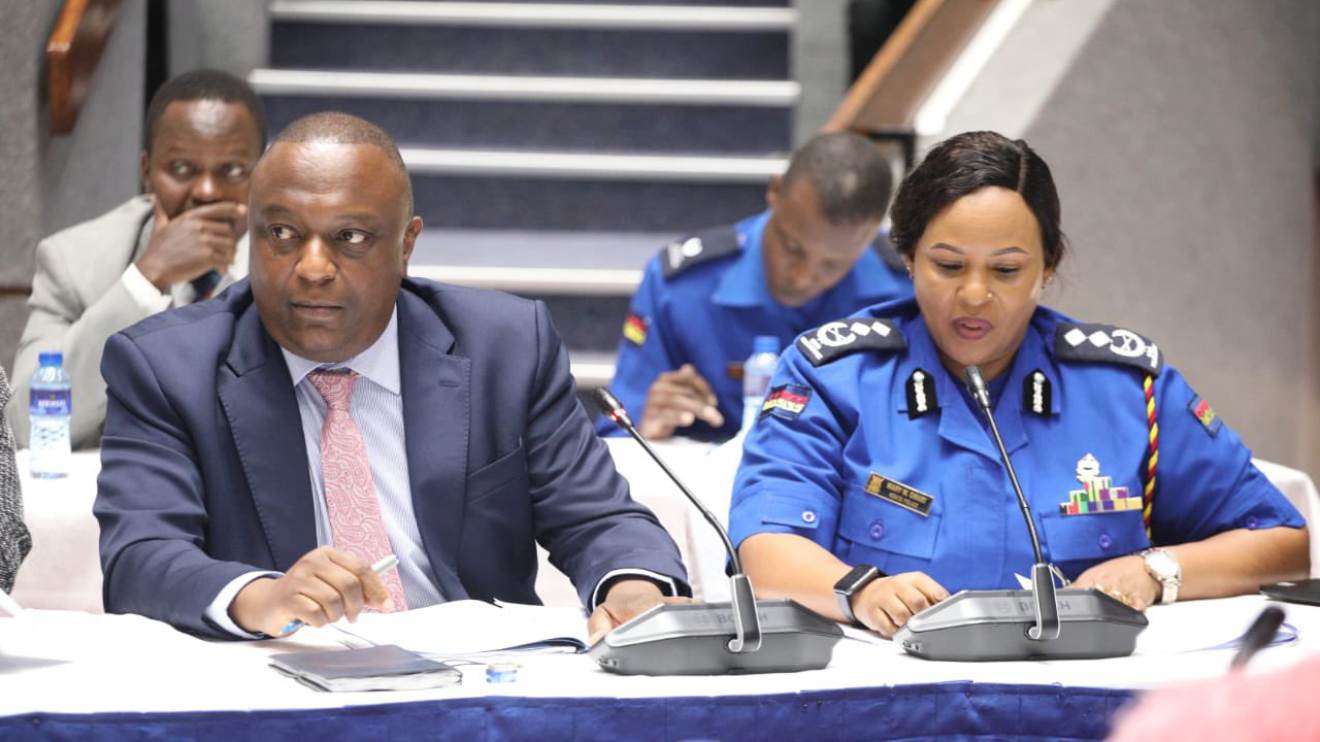

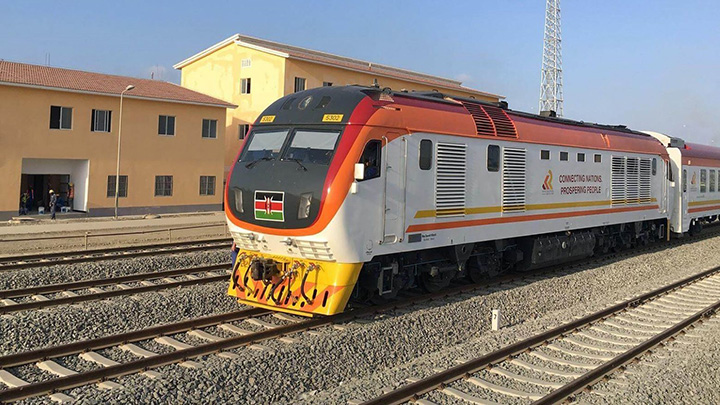

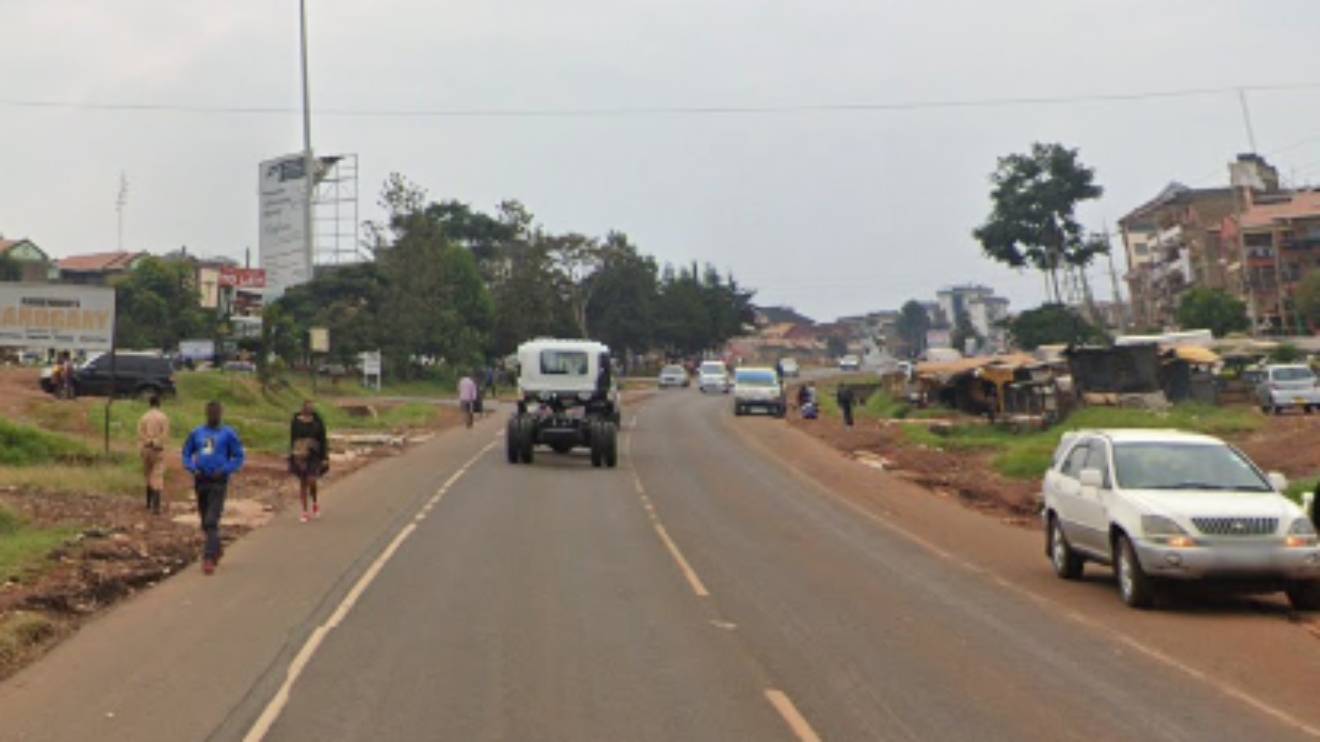
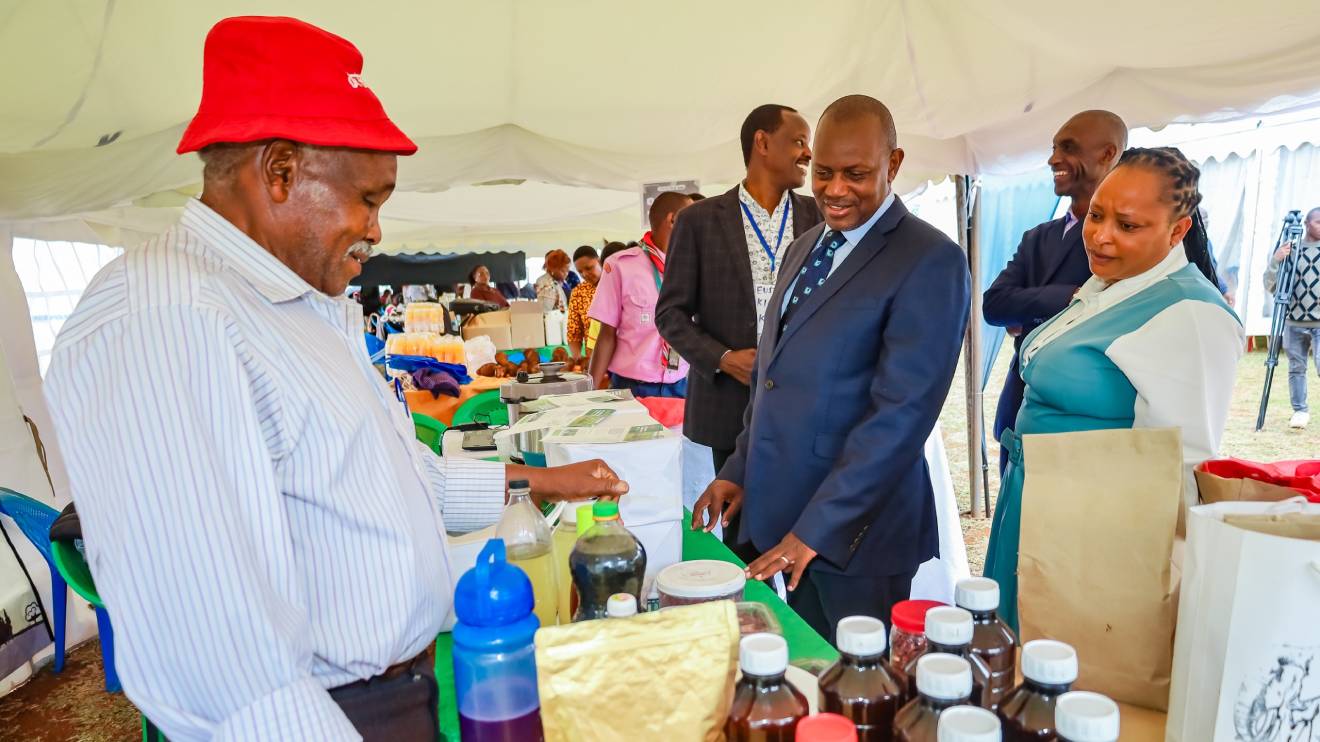

-1752586683.jpg)
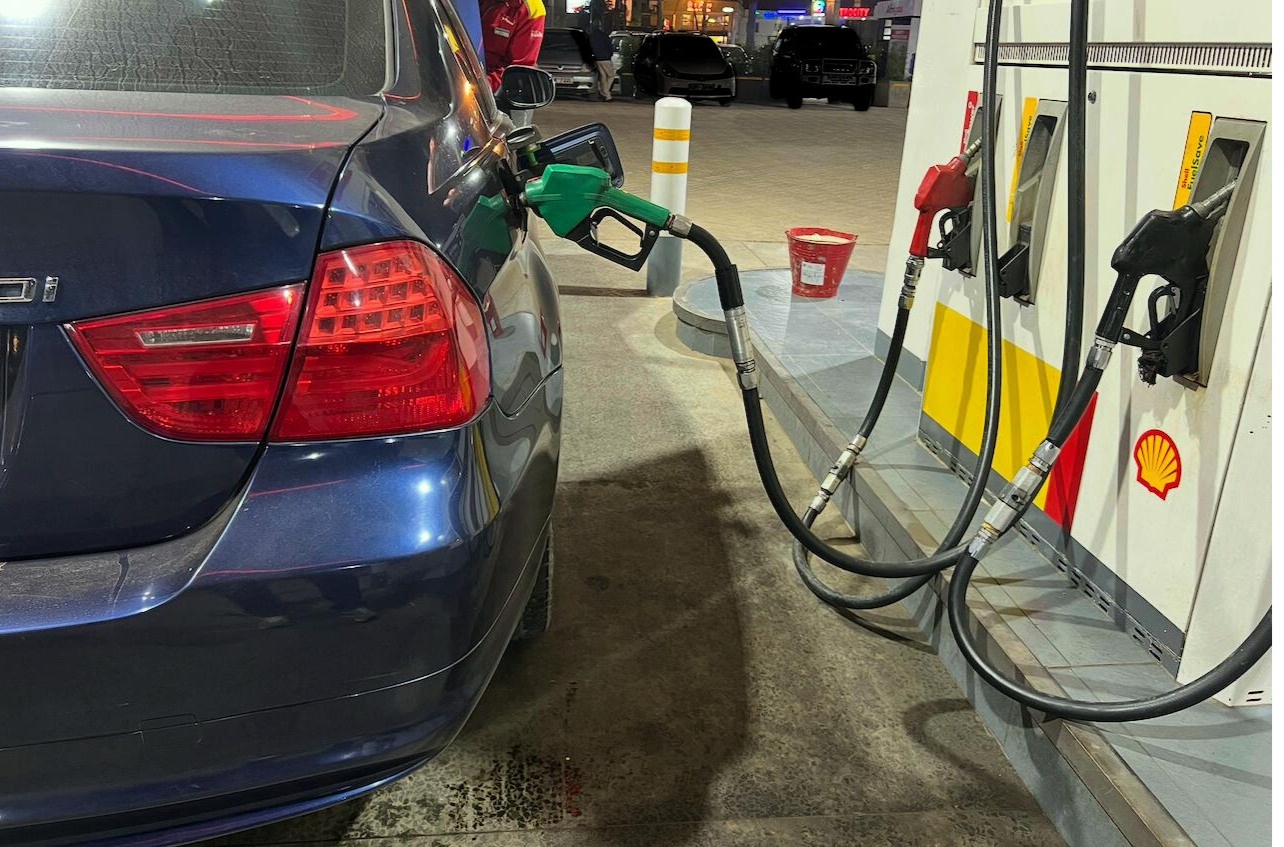
 (1)-1752516757.jpg)
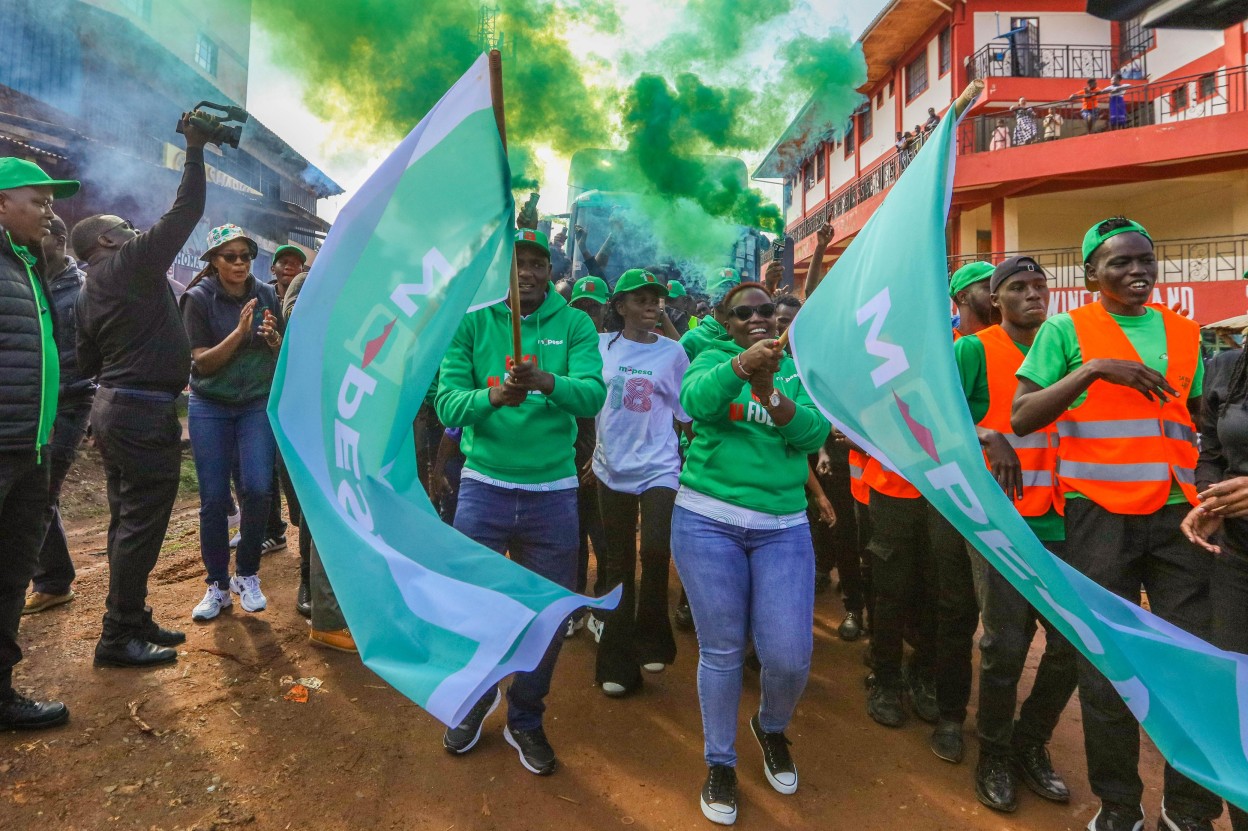
 (1)-1746786193.jpg)